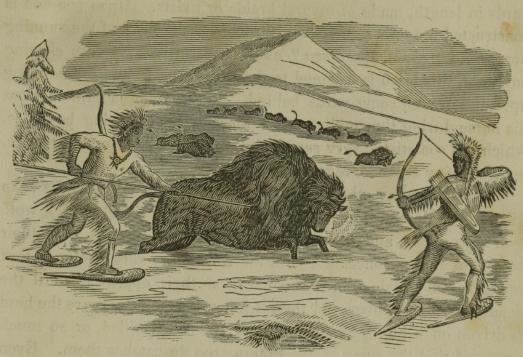Bahr: Native American history should be taught in schools

Native American History
September 2, 2019
For a class this semester, I have been tasked with learning about the Native Americans of Iowa. As I have begun to dig into the readings, I have been bombarded with information that I had never heard before. There were 30 or more tribes in Iowa with their own cultures, their own wars and their own history all happening in my backyard, yet I’ve never heard of it.
For example, a park I used to frequent in my childhood was originally set up because of a bison run and several burial mounds found in the area. I’ve probably been there hundreds of times and have never seen either of those and never learned they were there. Native American history should be in the public curriculum of U.S. schools.
There are about two million federally recognized Native Americans in the U.S. right now. In the current high school curriculum, the history of North America largely begins when European settlers appeared. They may run through the Trail of Tears, or mention Native American relocation, but the main focus is on the Revolutionary War, the Civil War and other large European conflicts. This may be due to a lack of focus on history in general in public schools, but in states with rich Native American history, it should be taught alongside European history.
It’s sad that I know more about the Roman Empire than people who may have lived where my house now stands. We tend to think of Native Americans as having one culture that didn’t change until Europeans came, but that couldn’t be further from the truth. Each tribe has a unique culture, and they were just as fluid before the Europeans arrived.
However, Native American education is changing. In Montana, a change to the state constitution requires teachers to integrate Native American culture into all aspects of teaching. For example, when teaching math Cheyenne beads are used as learning tools. This mandate is put in place to introduce children to Native Americans without just a history lesson. Montana is not alone. Wisconsin and South Dakota have policies meant to increase awareness of Native American culture and history. In California, a bill was passed requiring public schools to set up a Native American Studies elective course.
All of these are great for teaching young people about Native American history, but it doesn’t solve the problem. For many of us, our knowledge of history, particularly in America, begins with Europeans. While requiring schools to teach Native American studies is a great step forward, we need to change our mindset about history. We have to value all cultures, particularly the ones that were right in our backyard. We have to get rid of the eurocentric mindset that is so deeply ingrained in society that it extends even to public education. In the long run, this mindset can hurt those who may need help, or simply make us blind to a large area of knowledge.
















